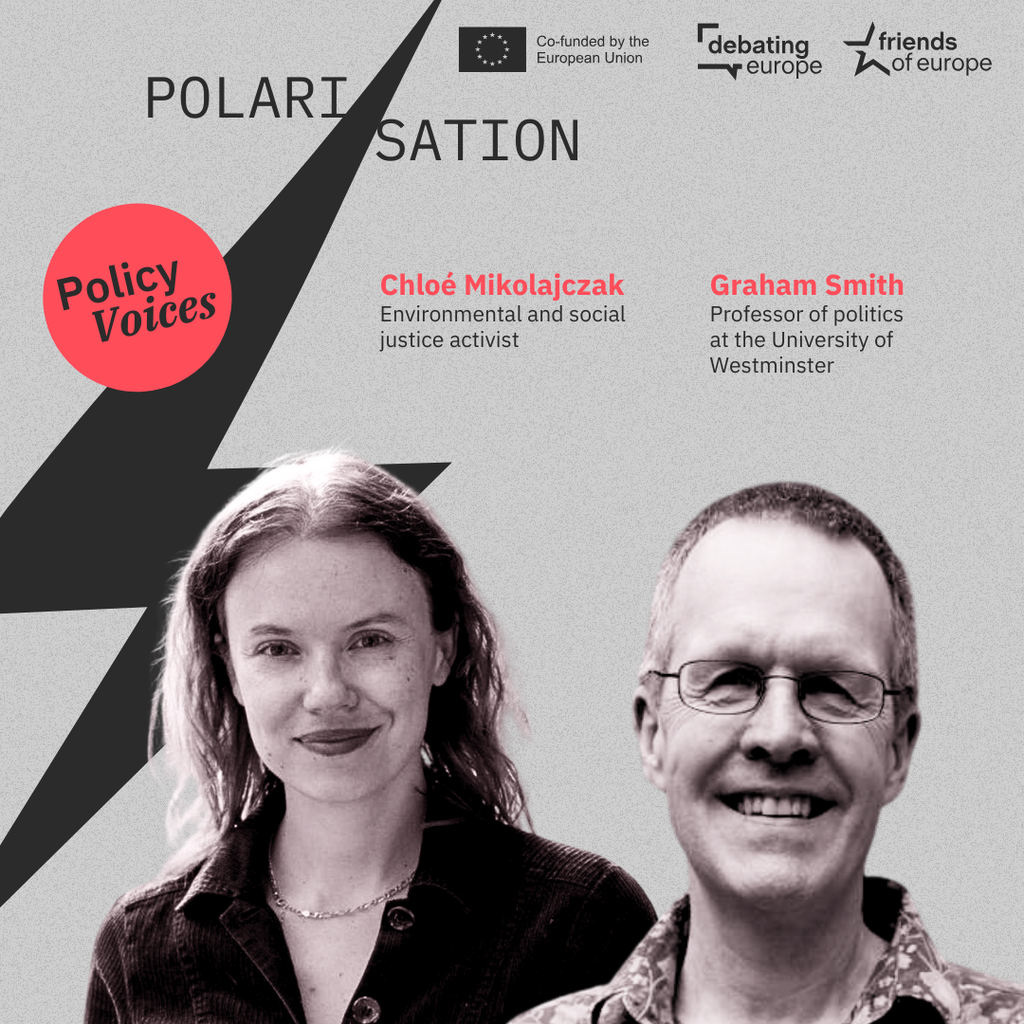Climate and Energy Summit 2025
Next event In person & livestreamed

- Area of Expertise
- Climate, Energy & Natural Resources

European Commission Director General for Climate Action
Jos Delbeke is Director General of the European Commission’s Directorate Generale for Climate Action
The historic global climate deal agreed in Paris last December was a remarkable achievement, but is just the first step on the road to a safer and more sustainable future. If we want to have a realistic chance of achieving our collective goal to keep global warming well below 2°C, and strengthen our ability to deal with the impacts of climate change, we need to turn the commitments made in Paris into substantive policy actions.
The climate plans put forward by almost all countries of the world ahead of COP21 have the potential to unleash opportunities for economic transformation, jobs and growth by accelerating the global uptake of climate-friendly technologies. The International Energy Agency estimates that the full implementation of the plans will lead to investments of $13.5 trillion in energy efficiency and low-carbon technologies over the next decade and a half.
The shift to a low-carbon economy is already underway in Europe as we revise the emissions trading system and prepare to implement our 2030 climate and energy framework. In the coming year, the European Commission will present ambitious implementing legislation to ensure EU emissions are reduced in line with the Paris Agreement.
The EU will provide around €14bn to external partners in the period up to 2020
As we embark on such a profound economic and social transformation worldwide, it’s important that no one is left behind. The Paris outcome confirmed that developed countries will continue to lead in mobilising climate finance for the poorest and most vulnerable countries. They will continue with their existing goal of mobilising $100bn per year by 2020 to support climate action in developing countries, and extend this to 2025. A new and higher goal will be set for after this period.
The EU and its member states have committed to delivering their share towards this goal. In 2014, they contributed €14.5bn for climate action in developing countries. And in line with the EU’s goal of investing at least 20% of its 2014-2020 budget in climate-related actions both domestically and internationally, the EU will provide around €14bn to external partners in the period up to 2020. In addition, the European Investment Bank is investing an annual €2bn in climate projects in developing countries and has set a new 35% target for climate lending in developing countries.
Encouragingly, so-called South-South cooperation between developing countries is growing and is increasingly being recognised for its importance in achieving the 2030 sustainable development agenda. The Paris Agreement encourages developing countries, including emerging economies, to provide or continue to provide climate finance voluntarily, and we are already seeing an increasing donor base. A number of developing countries are contributing to the Green Climate Fund, and China has made a pledge of $3bn to help developing countries tackle climate change. This is a very welcome development.
It is clear, however, that these commitments alone are not a panacea for delivering the low-carbon transition we need. Every country will need to attract additional public and private financing to make a climate-friendly economy and sustainable economic growth a realistic objective. The EU’s approach is to use public money to leverage private investment by combining grants from the EU budget with loans and equities from public and private sources.
Between 2007-2014, EU grants financed more than 240 ‘blended’ projects, unlocking investments in EU partner countries. Since 2007, around €1bn of EU grants has led to a total investment of about €25bn in projects ranging from renewable energy and energy efficiency to waste management and combatting deforestation. Between 2014-2020, the EU will mobilise more investment with at least €2bn of grants that could lead to total investments of up to €50bn.
China has made a pledge of $3bn to help developing countries tackle climate change
The EU works with its partners both at national level – for example through supporting the preparation and implementation of national climate plans – and at the level of cities and regions. We contribute to urban low-emissions-development strategies through specialised organisations such as UN Habitat and the International Council for Local Environmental Initiatives (ICLEI).
Cities like Rajkot in India, Bogor in Indonesia and KwaDukuza in South Africa have engaged in a wide range of measures – from decentralised solar plants and bus rapid-transit schemes to switching to light-emitting diode (LED) street lighting – to contribute to countrywide climate efforts. Since cities are the main source of the world’s greenhouse gas emissions, this kind of climate action is vital, and is growing in importance as urbanisation progresses.
Research, innovation and investment in low-carbon technologies will be essential to finding the ground-breaking solutions needed to tackle the climate challenge. The EU’s research and innovation funding programme Horizon 2020 is open to researchers outside the EU and also provides financial support to less-developed countries. At least 35% of the programme’s near €80bn will go to climate-related action.
We are also contributing significantly to the transfer of technology through the financing of projects with a technology dimension, as well as through research collaboration. The EU provides funding to the UN’s Climate Technology Centre and Network, which offers tailor-made solutions to help developing countries address their technology needs and build capacity to accelerate action to reduce emissions and adapt to climate impacts.
As all countries begin to implement the Paris Agreement on the ground, the EU stands firm in its support to developing countries and will continue to work closely with its international partners to drive the Paris spirit forward.
Next event In person & livestreamed

Past event In person & livestreamed

Past event In person & livestreamed

Past event In person & Livestreamed





Stay informed
We use cookies and similar technologies to adjust your preferences, analyze traffic and measure the effectiveness of our campaigns. Learn more about our privacy policy.